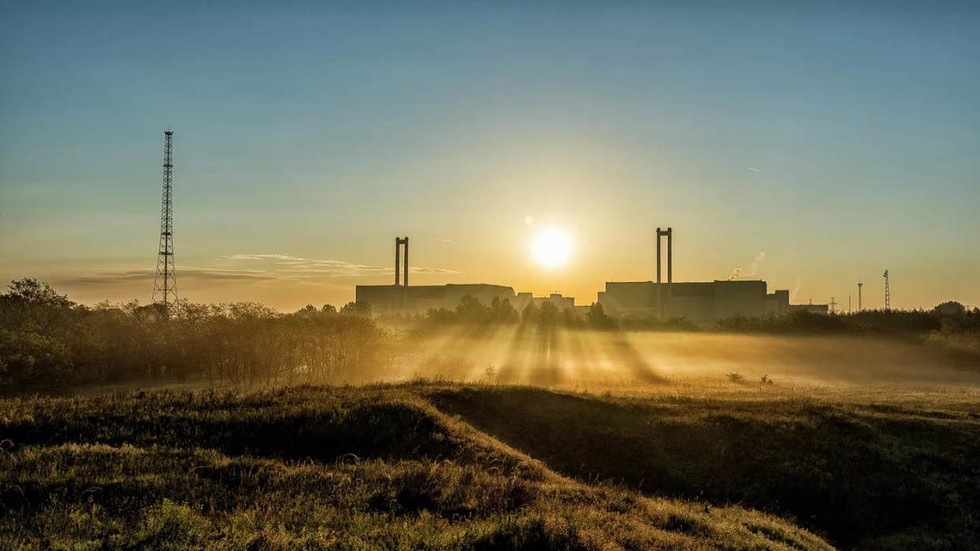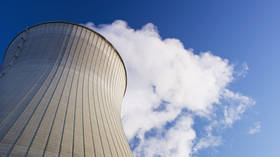
Hungary will oppose restrictions on Moscow’s nuclear sector, the Hungarian foreign minister has said

FILE PHOTO: Paks nuclear power plant in Hungary. © Rosatom / Paksh NPP / Balazh Tsako
Budapest will veto any European Union sanctions targeting Russian nuclear energy, Hungarian Foreign Minister Peter Szijjarto announced on Monday.
Szijjarto said he had expressed his view on the EU plans during a meeting with the head of Russian nuclear giant Rosatom, Aleksey Likhachev.
“The opportunity to use nuclear energy in cooperation with Rosatom corresponds to Hungary’s national interests. The construction of the Paks-2 nuclear power plant remains a large international project and aside from Rosatom it includes American, German and French companies,” he said in a Facebook video.
In August, Rosatom signed an agreement with Hungary to commence construction of two reactors for the Paks-2 nuclear power plant. Budapest earlier emphasized the importance of the project to Hungary and neighboring EU countries.

Nuclear power is not covered by EU sanctions against Moscow, and Hungary has repeatedly said it would oppose any attempts to impose restrictions on the sector. Meanwhile, Ukrainian officials have time and again called on the 27 nations of the EU to blacklist Rosatom.
Located about 100 kilometers from Budapest, Paks is Hungary’s only nuclear power station, operating four VVR-440 reactors of Soviet design to produce about half of the country’s electricity. Adding two newer VVR-1200 reactors would roughly double the plant’s capacity, which the government has long sought to do in order to bolster the country’s energy independence.
The project has been hit with long delays and Hungarian officials have discussed changing the contract to include a project management company to speed it up.
The European Commission approved changes to the contract and financing in May. The initial agreement envisioned Russia providing a state loan of €10 billion ($10.6 billion) to cover most of the estimated €12.5 billion cost of the project.
The construction of Paks-2 is scheduled for the spring of 2024.
For more stories on economy & finance visit RT’s business section




